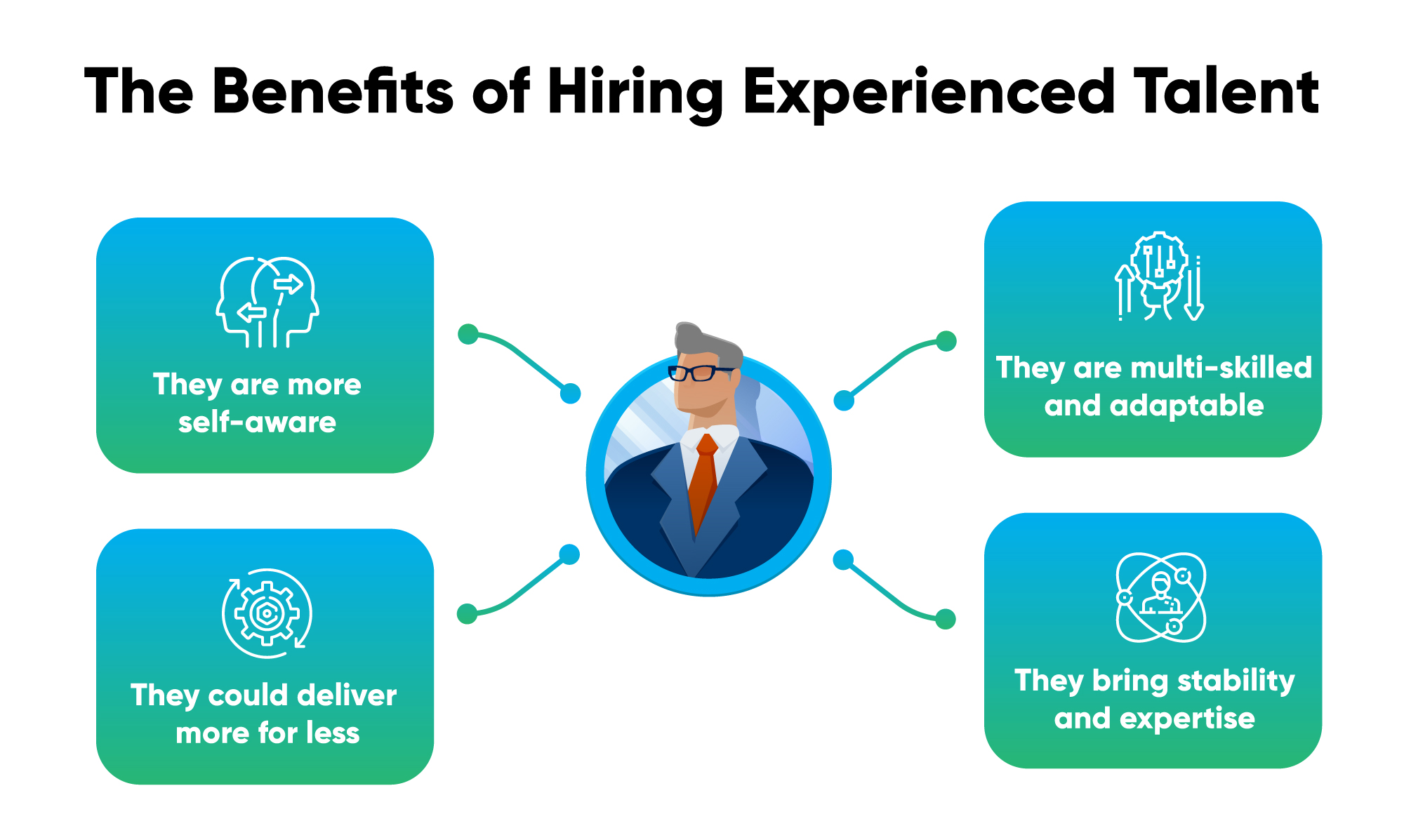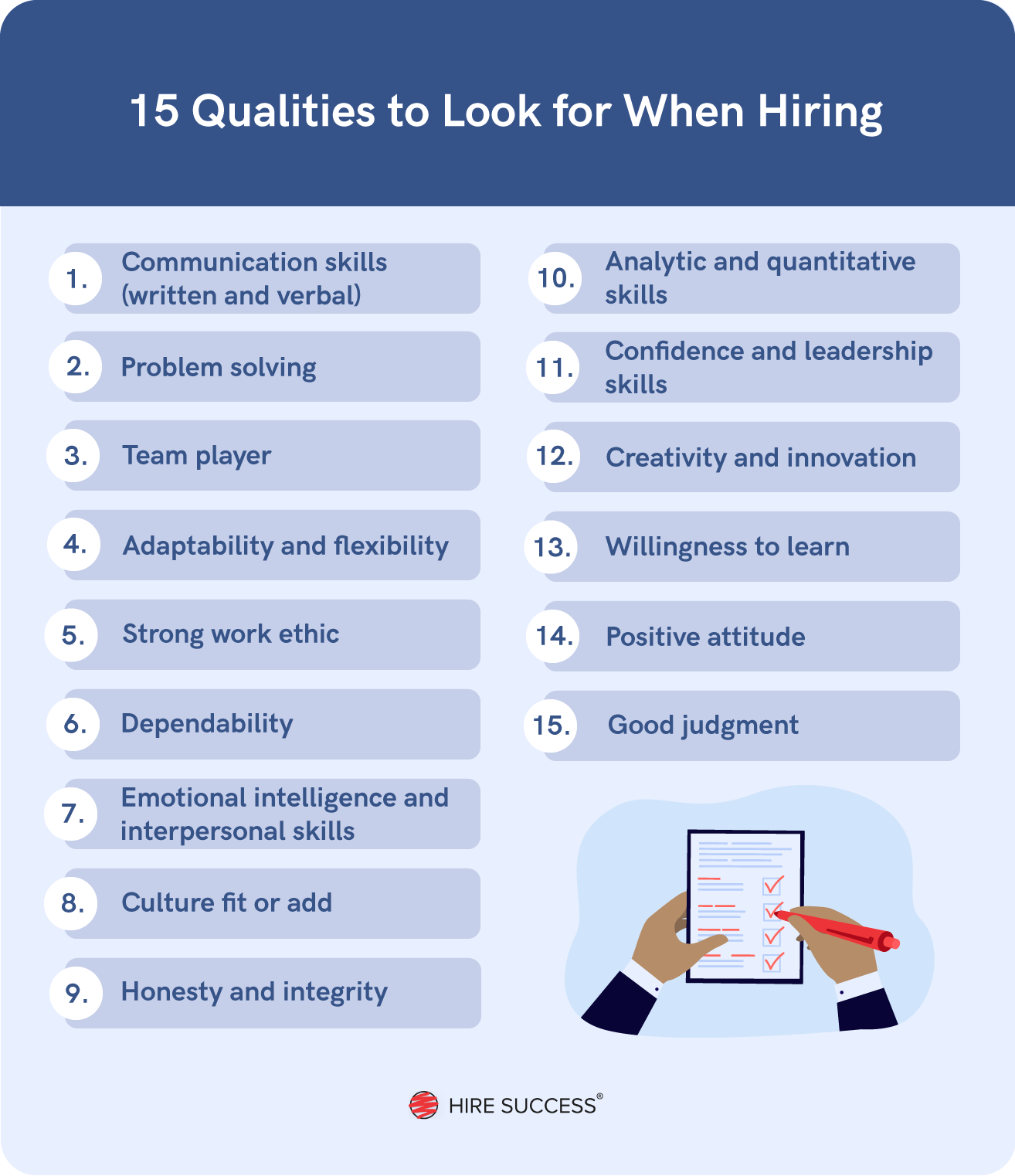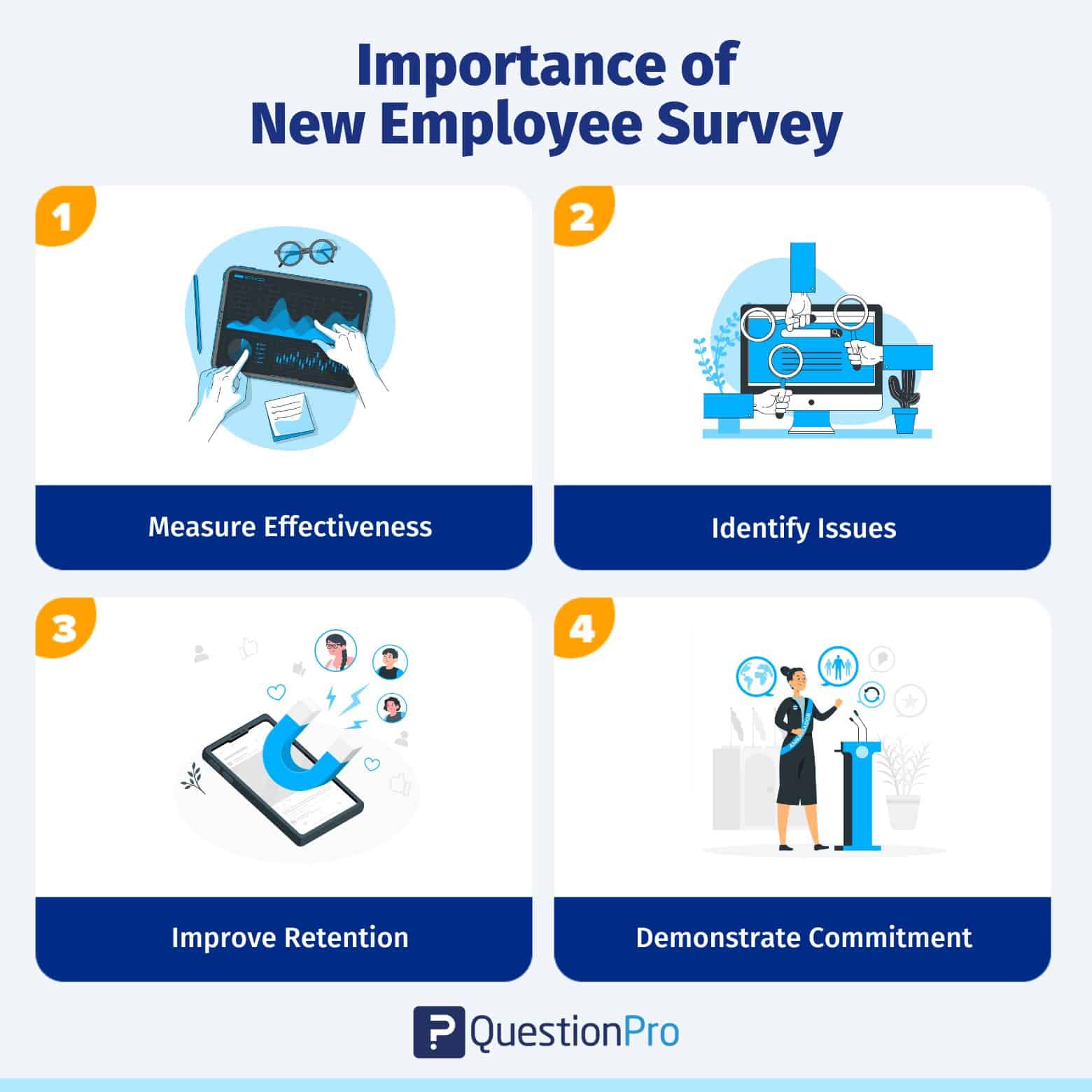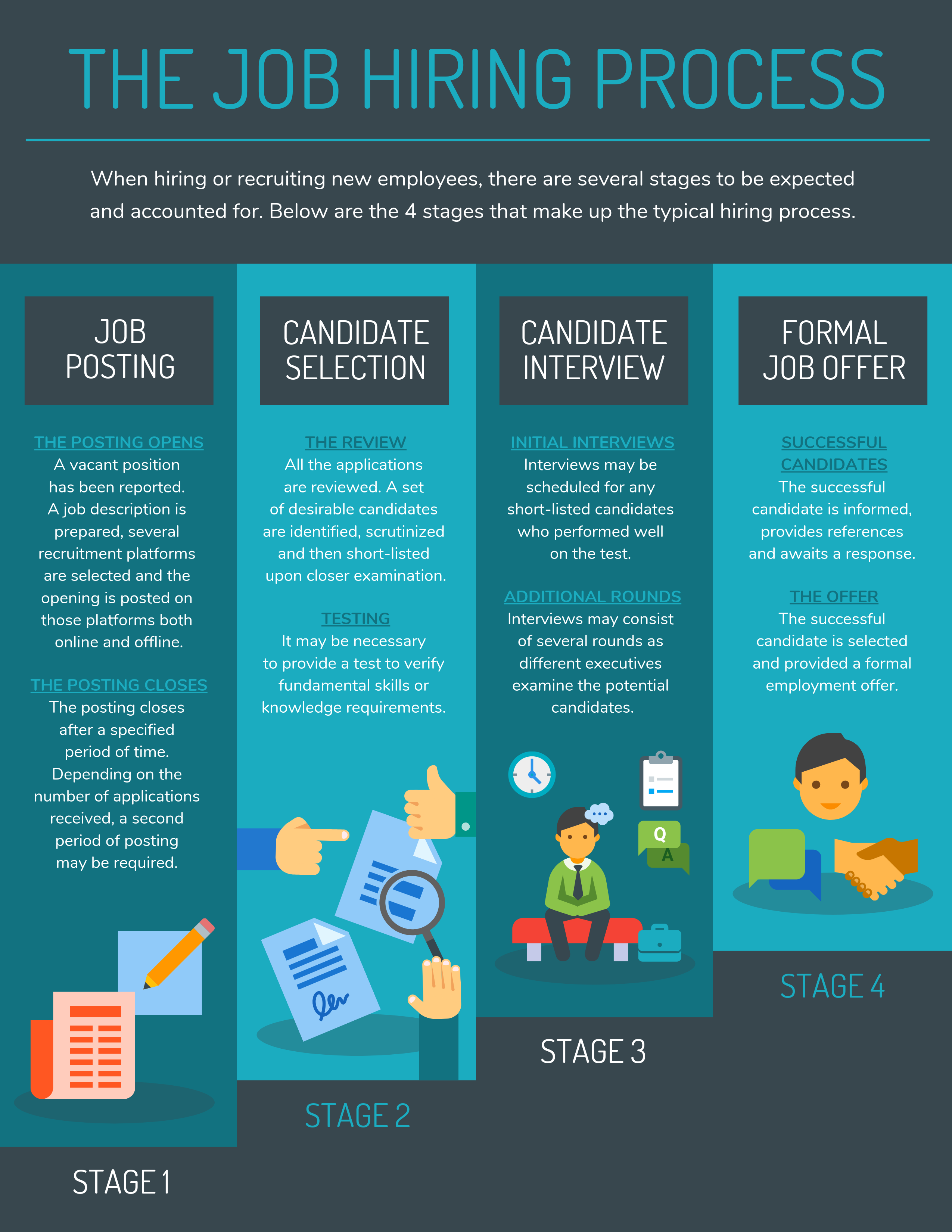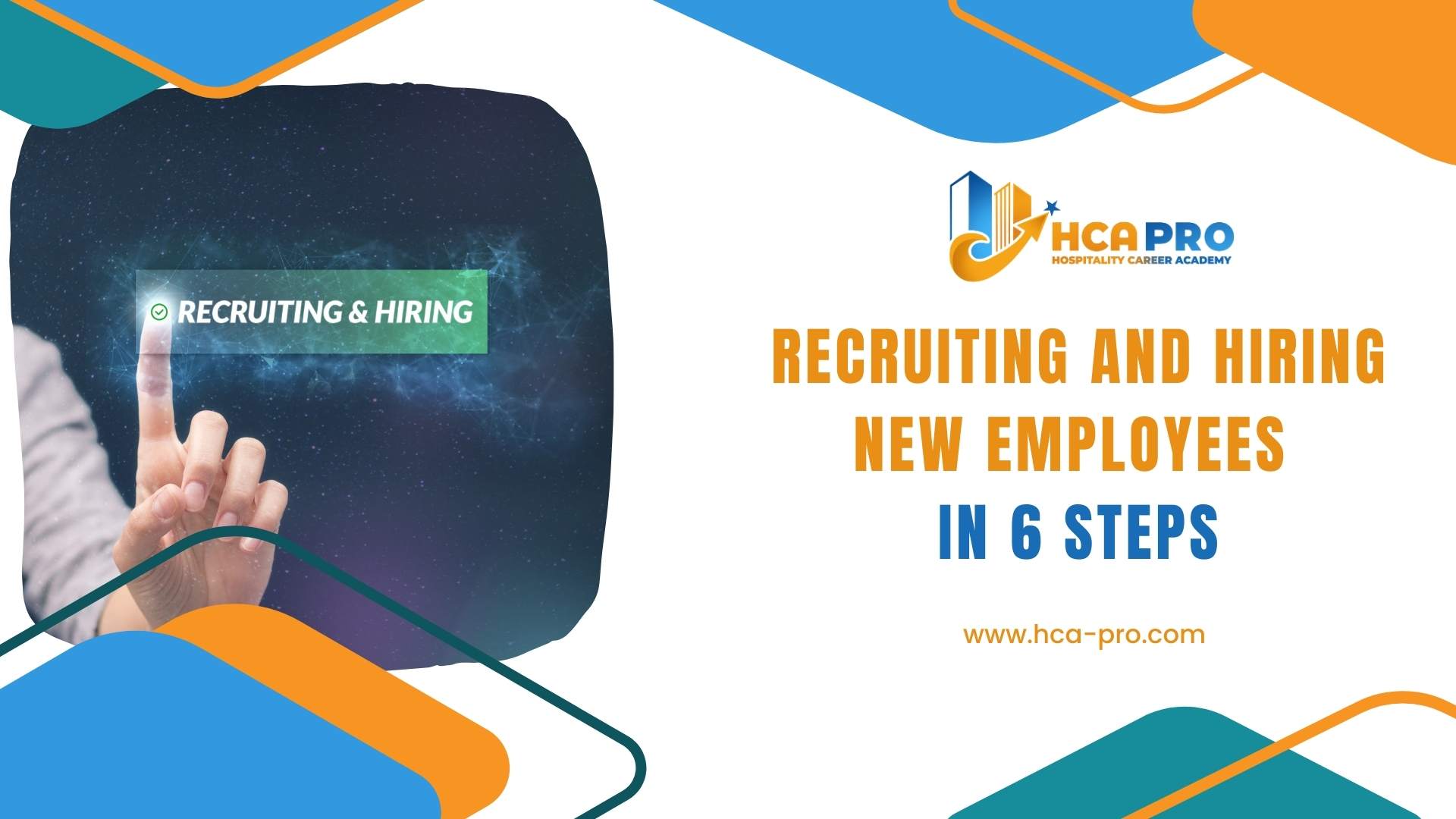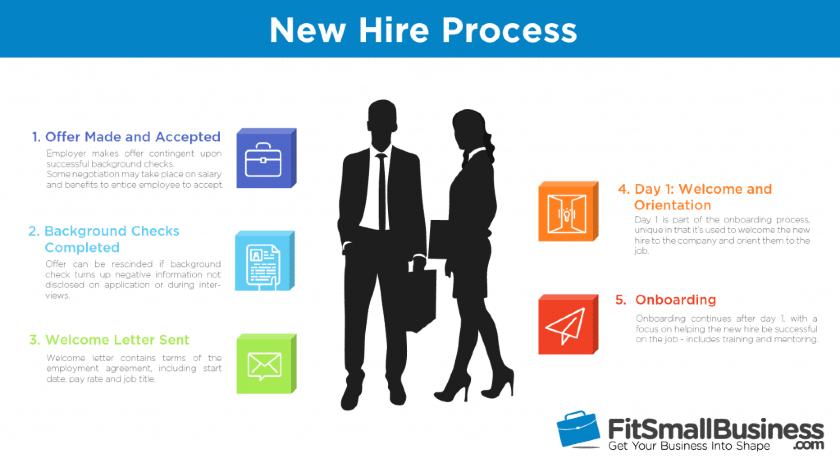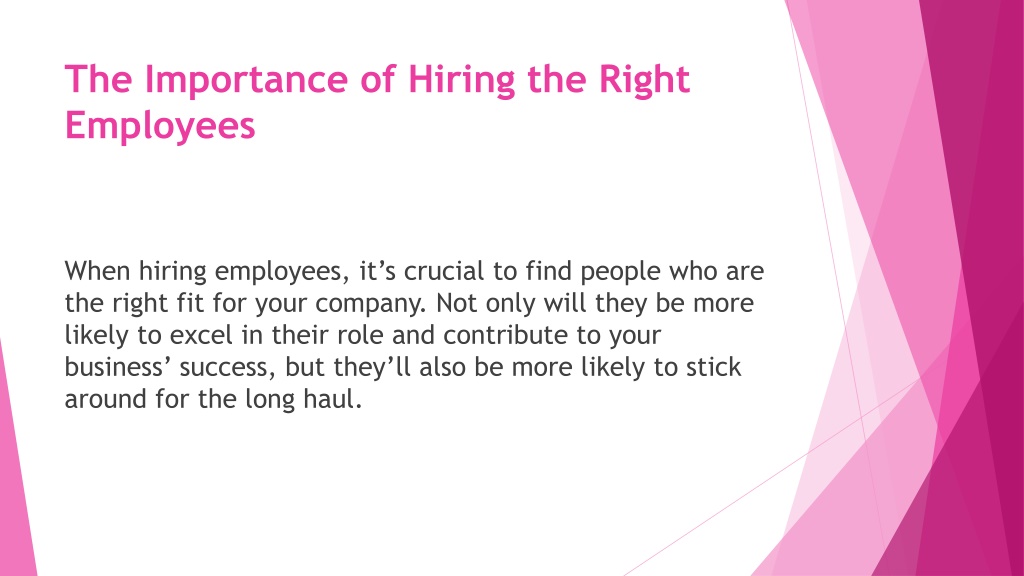Importance Of Hiring New Employees
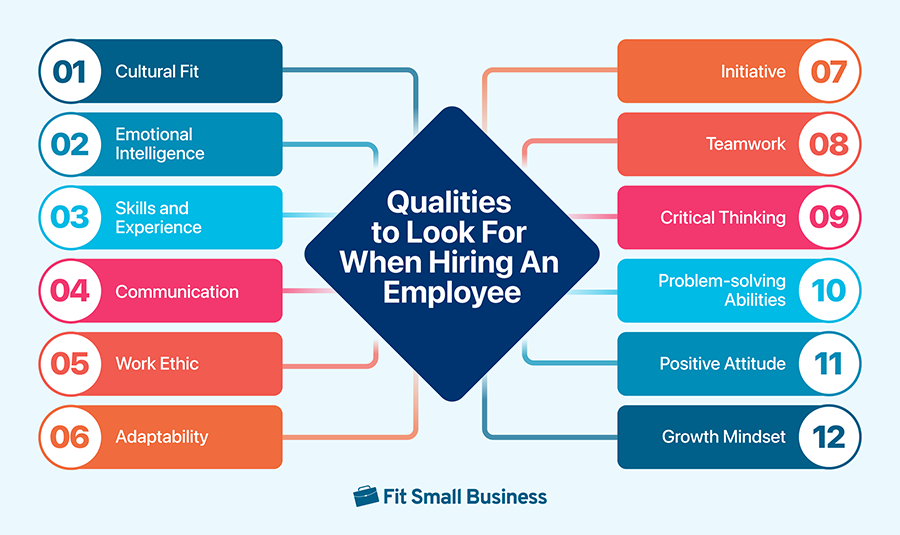
In an era defined by rapid technological advancements and fluctuating market dynamics, businesses face relentless pressure to innovate and adapt. The decision to onboard new employees isn't merely about filling vacant positions; it's a strategic imperative that can determine a company's trajectory and long-term viability. A failure to recognize and address evolving workforce needs can lead to stagnation, lost market share, and ultimately, decline.
The importance of hiring new employees extends beyond simply maintaining operational capacity. It's a crucial driver of innovation, growth, and organizational resilience. This article delves into the multifaceted benefits of strategic hiring, exploring its impact on innovation, productivity, skills gaps, and overall business success. We'll examine how companies are leveraging new talent to navigate evolving market demands and build a competitive advantage in the modern business landscape.
The Catalyst for Innovation and Fresh Perspectives
New employees bring with them a wealth of diverse experiences, perspectives, and ideas. This influx of fresh thinking can be a powerful catalyst for innovation, challenging existing paradigms and sparking creativity within teams. According to a 2023 study by Deloitte, organizations with diverse teams are 6 times more likely to be innovative.
This influx can help break down stagnant thinking and foster a culture of continuous improvement. Encouraging new hires to share their insights and challenge the status quo can lead to the development of new products, services, and processes.
Bridging Skills Gaps and Enhancing Productivity
The modern workplace is characterized by a constantly evolving skill set. Many companies struggle with skills gaps that hinder their ability to compete effectively. Hiring new employees with in-demand skills can help bridge these gaps and boost overall productivity.
By strategically targeting candidates with specific expertise, businesses can ensure they have the talent needed to leverage new technologies and adapt to changing market demands. A recent report from the Bureau of Labor Statistics highlights the growing demand for professionals in areas such as data science, cybersecurity, and artificial intelligence.
Combating Employee Burnout and Boosting Morale
Understaffing can lead to increased workloads for existing employees, resulting in burnout and decreased morale. Hiring new employees can alleviate this pressure, allowing team members to focus on their core responsibilities and maintain a healthy work-life balance.
A well-staffed team is a more productive and engaged team. Investing in new hires demonstrates a commitment to employee well-being and can improve overall job satisfaction.
Attracting and Retaining Top Talent
Companies that are actively hiring are often seen as dynamic and growing, making them more attractive to top talent. A robust hiring strategy can signal a company's commitment to growth and investment in its workforce.
By offering competitive salaries, benefits, and opportunities for professional development, companies can attract and retain the best and brightest minds. Glassdoor consistently reports that career opportunities and company culture are key factors for candidates when evaluating potential employers.
Navigating the Evolving Business Landscape
The global business landscape is constantly shifting, driven by technological advancements, changing consumer preferences, and economic fluctuations. Hiring new employees with adaptable skill sets and a growth mindset is crucial for navigating these challenges.
Companies need to prioritize candidates who are not only skilled in their respective fields but also possess the ability to learn and adapt quickly. These individuals are vital for helping organizations stay ahead of the curve and seize new opportunities.
The Importance of Strategic Hiring Practices
The success of any hiring initiative depends on a well-defined strategy. This includes identifying key skills gaps, developing clear job descriptions, and implementing effective recruitment processes.
It also involves creating a positive onboarding experience to ensure that new employees feel welcomed, supported, and equipped to succeed. Investing in employee training and development is also crucial for maximizing the return on investment in new hires.
Future-Proofing the Workforce
Looking ahead, the importance of hiring new employees will only continue to grow. As technology continues to evolve at an exponential rate, companies will need to constantly refresh their talent pool with individuals who possess the skills and knowledge needed to thrive in the future of work.
By embracing a proactive and strategic approach to hiring, businesses can position themselves for long-term success in an increasingly competitive and dynamic global marketplace.
"Strategic hiring is no longer a luxury, but a necessity for businesses seeking to thrive in the 21st century." - SHRM

